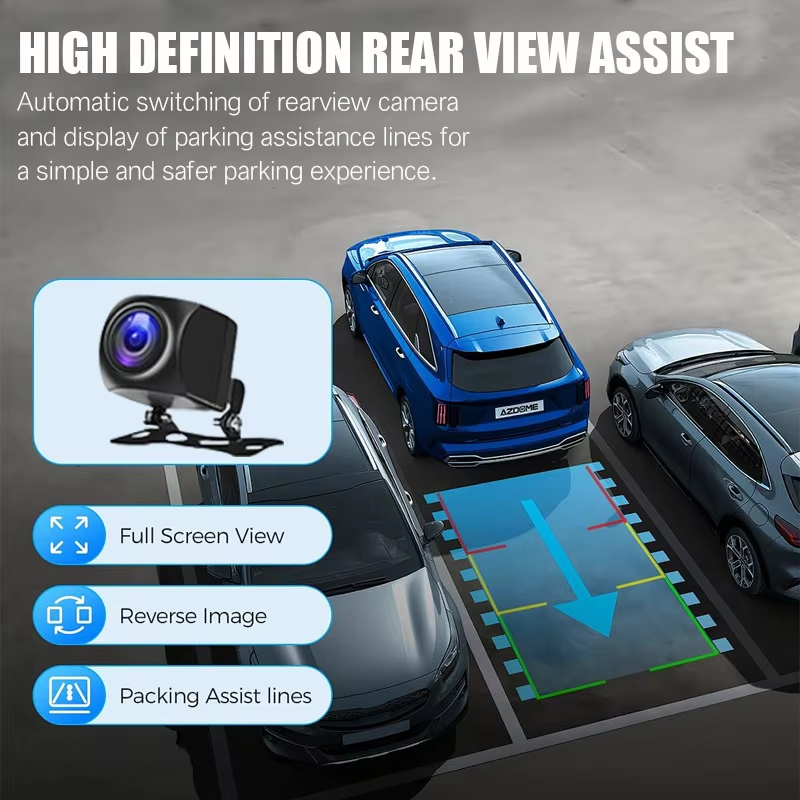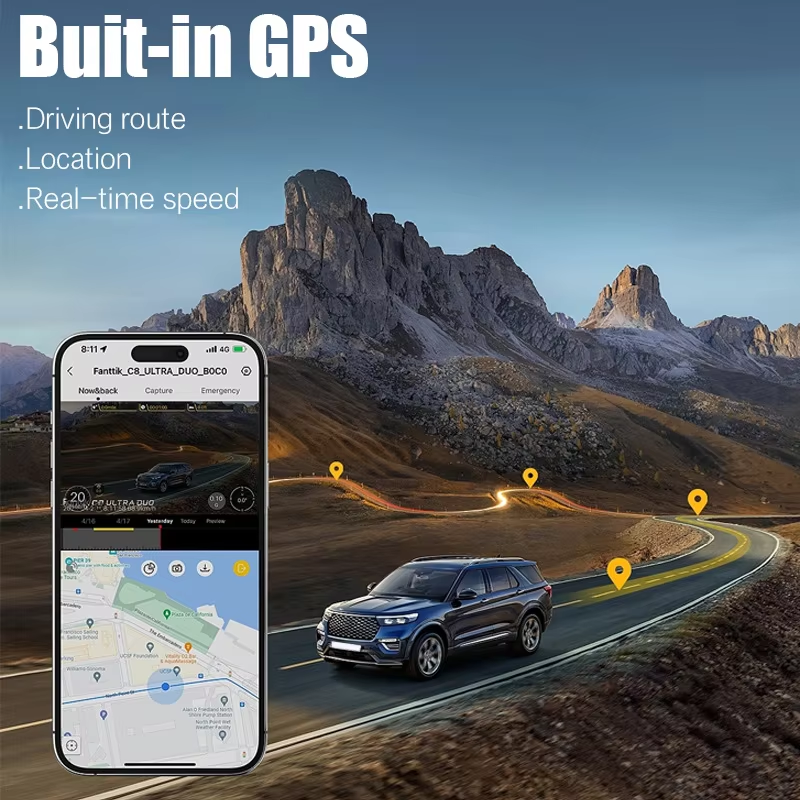Legal Implications and Privacy Concerns Surrounding Dash Cam Usage
- tiglon dashcam
- Mar 1, 2025
- 2 min read
Introduction
Overview of dash cam usage among drivers.
Importance of understanding the legal and privacy implications.
Brief discussion of the benefits of dash cams in providing evidence during incidents.
The Benefits of Dash Cams
Enhanced safety and accountability.
- Dash cams can serve as a witness during accidents.
Evidence for insurance claims and law enforcement.
- Recording traffic stops and accidents can aid investigations.
Deterrent to reckless driving behavior.
- Knowledge of recording may promote responsible driving habits.
Privacy Rights and Concerns
Inadvertent recording of private conversations.
- Dash cams may capture personal interactions unknowingly.
Potential violations of individual privacy.
- Individuals may not consent to being filmed outside of public spaces.
The ethical implications of recording others in public.
- Consideration of the moral responsibilities of drivers using dash cams.
Legal Regulations Surrounding Dash Cam Use
Variance in laws by jurisdiction.
- Different states and countries have their own rules regarding dash cam usage.
Consent laws and recording regulations.
- Discuss one-party vs. two-party consent laws regarding audio and video recordings.
Data storage and retention policies.
- Legal expectations for how long footage can be stored and used.
Balancing Safety and Privacy
Importance of responsible dash cam usage.
- Users should be aware of their surroundings and the potential for capturing private moments.
Educational initiatives for drivers.
- Providing guidance on best practices for using dash cams responsibly.
Encouraging awareness of privacy laws.
- Suggesting drivers familiarize themselves with the laws in their area related to dash cam usage.
Conclusion
Recap of the dual-edged nature of dash cam technology.
Encouragement for a balanced approach to dash cam use.
Call for ongoing dialogue about privacy and technology in driving contexts.






Comments